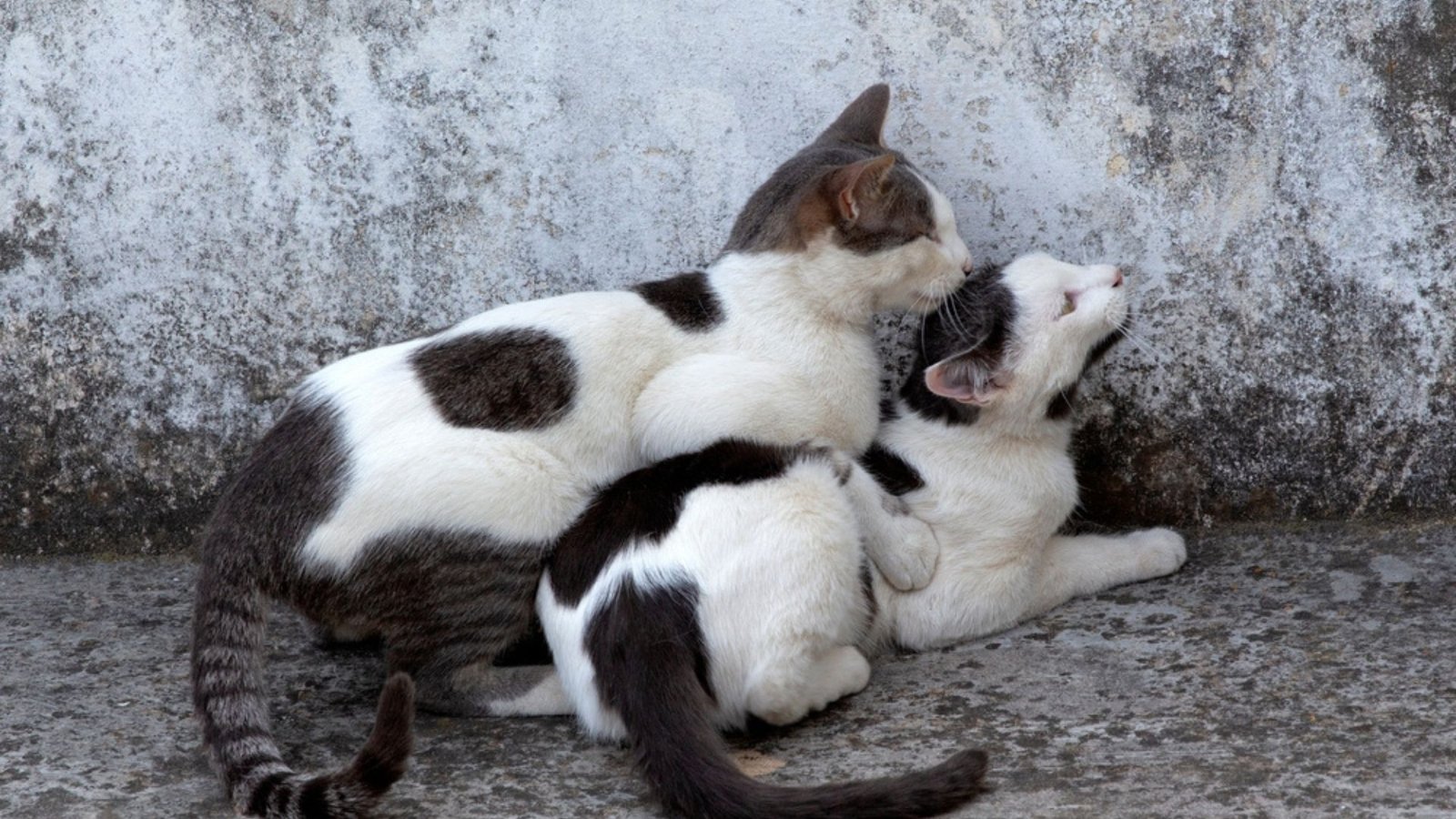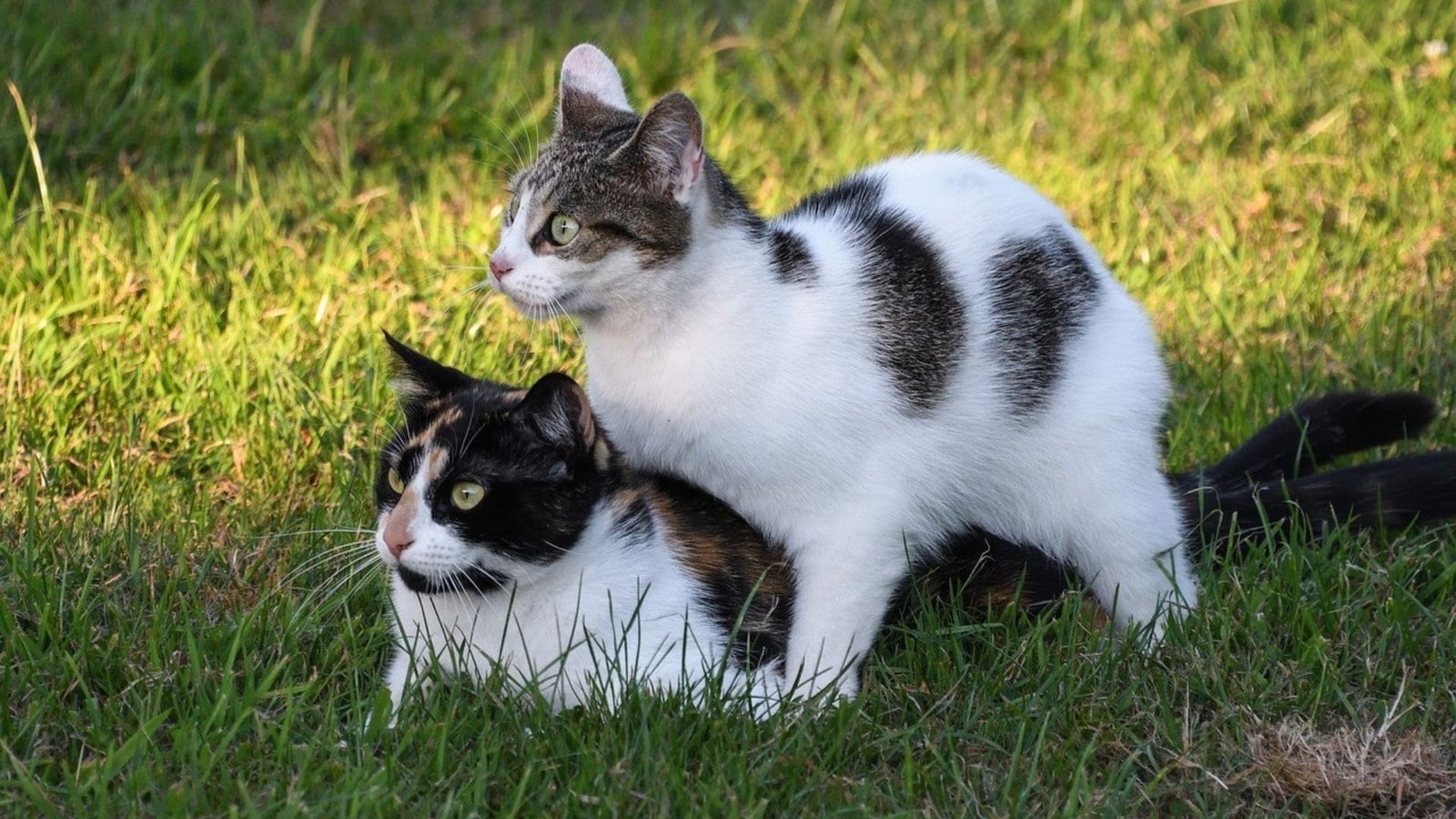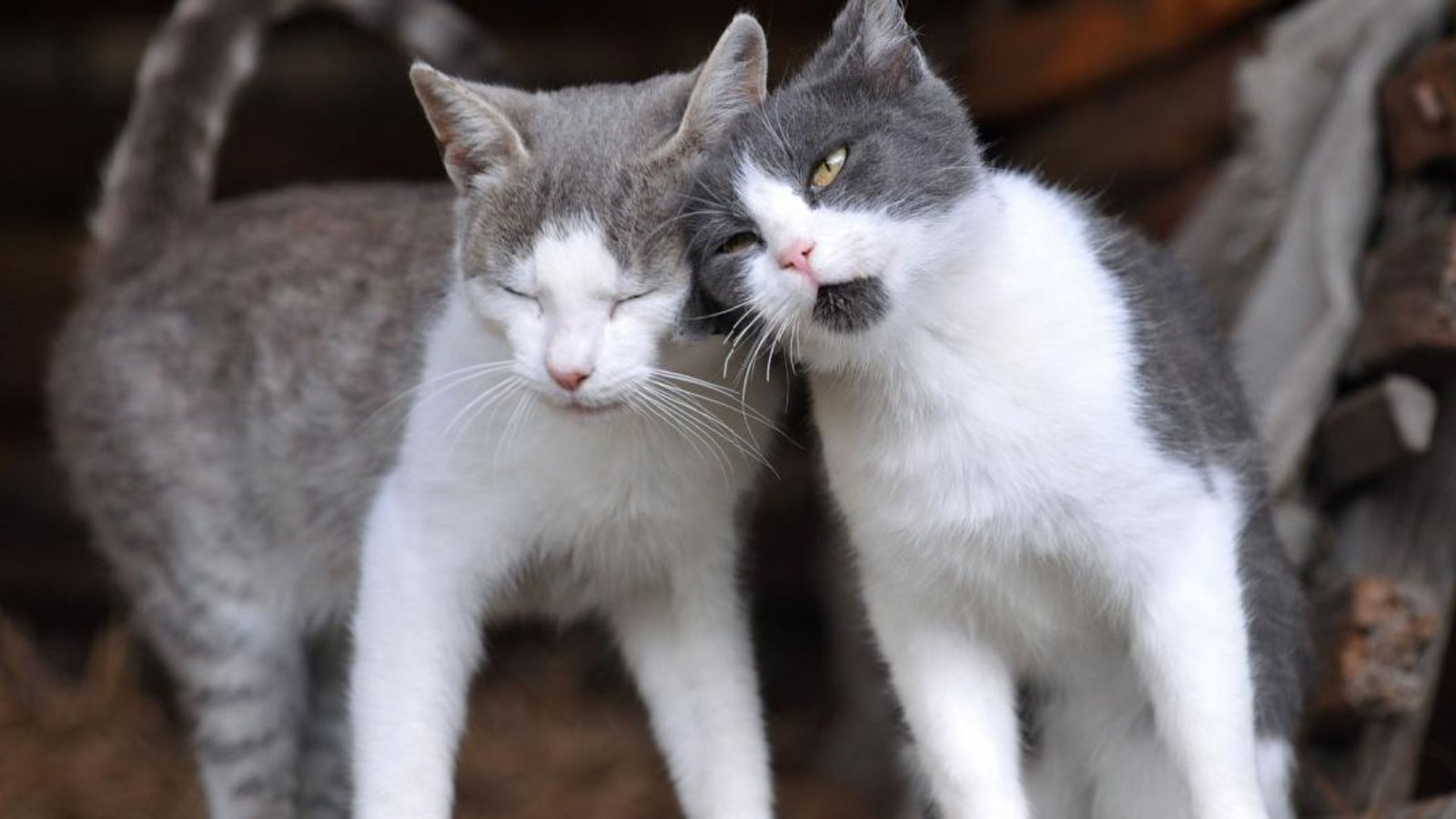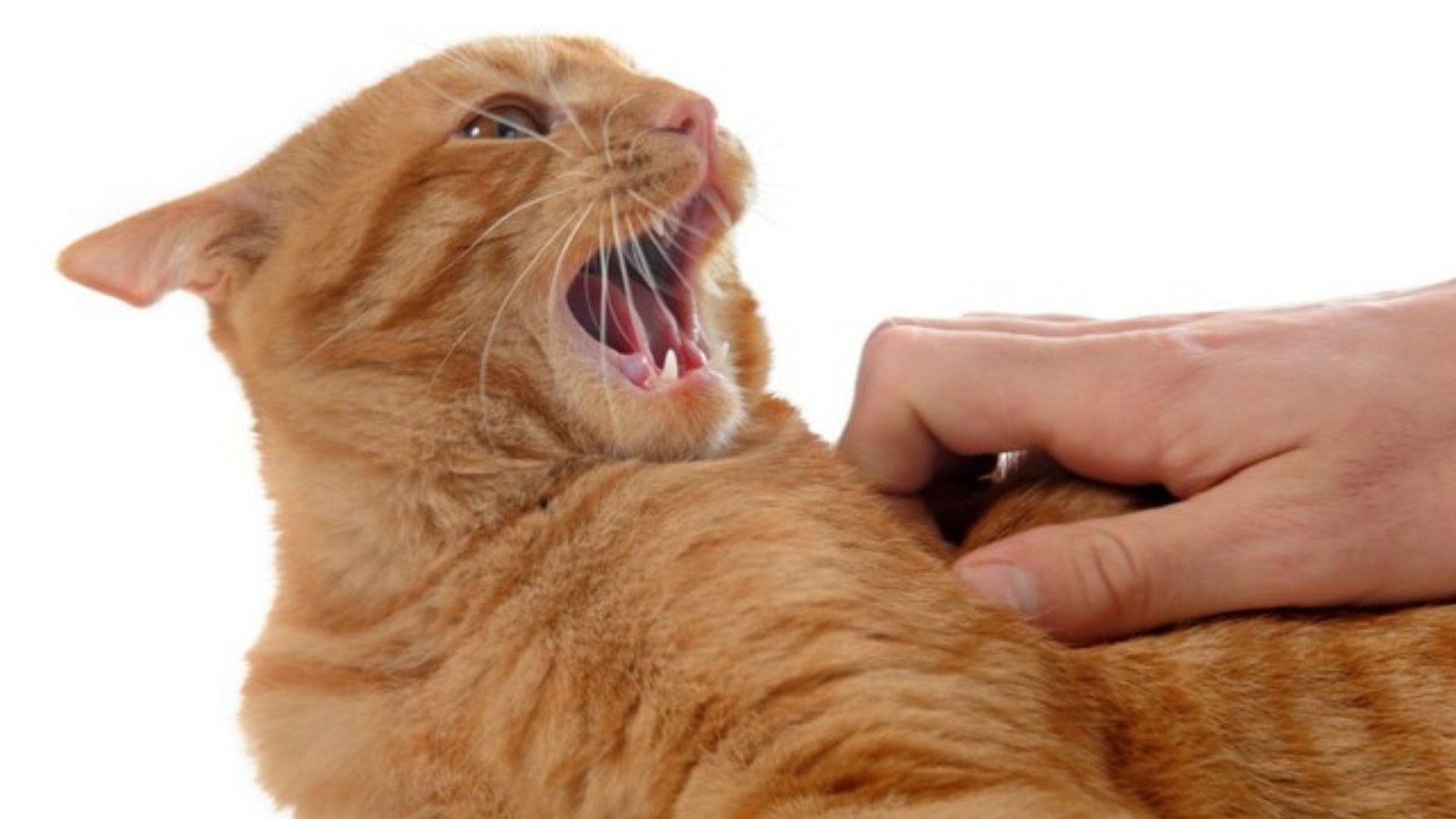If you have an unneutered male cat, you may find yourself wondering, how to handle male cats during mating season. Male cats can become quite vocal, restless, and even aggressive when they are in heat, and managing this behavior can be challenging for owners. In this article, we’ll give you tips on how to handle your male cat during mating, reduce stress, and keep both you and your pet safe and comfortable.

1. Recognize the Signs of Mating Behavior
Before learning how to handle male cats during mating, it’s important to understand the typical behaviors that signal your cat is in heat. Male cats, unlike female cats, may start showing mating behaviors even before they find a mate. Some common signs of mating behavior in male cats include:
- Increased vocalization: Male cats may begin to yowl loudly, especially at night, as a way to attract females.
- Restlessness: Your male cat may pace around the house or attempt to escape outdoors in search of a mate.
- Aggression: Male cats can become aggressive toward other males in the household or neighborhood. They may fight or try to assert dominance.
- Spraying: To mark their territory, male cats may start spraying urine around the house or outside.
By recognizing these signs, you can better prepare for how to manage your cat’s behavior during this period.
2. Keep Your Male Cat Indoors
One of the most effective ways to handle a male cat during mating season is to keep him indoors. When male cats are in heat, they are more likely to roam in search of females, which can lead to dangerous situations, such as accidents or fights with other animals. Keeping your male cat indoors will reduce the risk of him getting into fights with other cats or encountering dangerous situations like traffic.
Ensure that all windows and doors are securely closed, as male cats will try to escape if they smell a female in heat nearby. You can also keep your cat busy with toys and activities to distract him from his desire to roam.
3. Neutering Your Male Cat
The best long-term solution for managing mating behavior is to neuter your male cat. Neutering your cat, especially before he reaches sexual maturity, will drastically reduce mating-related behaviors such as spraying, aggression, and roaming.
- Benefits of neutering: It not only prevents unwanted pregnancies but also reduces the risk of certain health problems like testicular cancer. Neutering also helps make your cat calmer and less likely to exhibit dominant or territorial behavior.
If your male cat is already exhibiting mating behaviors, neutering him will significantly reduce these actions over time. However, it’s important to remember that neutering won’t instantly stop all mating behaviors—some cats may continue acting this way for a little while after the procedure.
4. Provide Plenty of Distractions
During mating season, male cats may become highly focused on finding a mate. To handle this behavior, it’s helpful to provide plenty of distractions to keep your male cat engaged and calm. Try the following:
- Interactive toys: Toys like feather wands or laser pointers can help burn off your cat’s excess energy. Puzzle toys that encourage problem-solving can also keep his mind occupied.
- Cat trees or perches: Male cats often seek higher ground for observation. By providing cat trees, shelves, or window perches, you give him a space to perch and relax, reducing stress.
- Regular playtime: Spend more time engaging with your cat in activities that burn energy and keep him from focusing on mating.
By redirecting your male cat’s attention toward play and exercise, you can help manage his frustration during mating season.
5. Monitor for Aggressive Behavior
During mating season, male cats can become more aggressive, especially if other males are around. To handle aggressive behavior during mating, follow these steps:
- Separate the cats: If you have multiple male cats or if neighborhood cats are nearby, keep them separated to avoid fights. Aggressive behavior can cause injuries and stress, so it’s crucial to prevent these confrontations.
- Provide safe spaces: If your male cat is feeling threatened by another cat, ensure that he has a quiet, safe space where he can retreat and feel secure.
- Stay calm: If you need to intervene in a confrontation, do so carefully. Avoid getting physically involved with the cats. Instead, try distracting them with loud noises, spraying water, or gently using a blanket or towel to separate them.
If the aggression persists, it may be time to consider neutering or seeking advice from a veterinarian or animal behaviorist.
6. Reduce Stress with Pheromone Products
To reduce stress during mating season, consider using pheromone diffusers or sprays, such as Feliway. These products mimic the natural calming pheromones that cats produce and can help to create a more relaxed environment.
Pheromone products can help your male cat feel more secure and less anxious, especially if he is becoming overly vocal or restless due to mating instincts.
7. Be Prepared for Marking
Male cats often mark their territory by spraying urine when they are in heat. This can happen both indoors and outdoors, and it’s one of the most challenging behaviors to manage. To handle spraying:
- Clean sprayed areas thoroughly: If your male cat sprays, clean the area with an enzymatic cleaner to eliminate the scent. This will help prevent him from marking the same spot repeatedly.
- Use deterrents: You can use sprays or cleaning solutions that deter cats from marking certain areas. Products with citrus or lavender scents are often effective.
- Limit access to marked areas: If your cat frequently sprays in a particular spot, consider limiting his access to that area or providing an alternative spot where he can feel secure.
8. Consult Your Veterinarian
If your male cat’s mating behavior is causing significant stress, aggression, or health problems, it’s a good idea to consult your veterinarian. Your vet can offer additional solutions, including behavioral advice or medications to reduce anxiety or aggression.
In some cases, your vet may also recommend medical treatment to address underlying issues related to your cat’s mating behavior.
Conclusion
Handling a male cat during mating season can be challenging, but with the right strategies, you can minimize the stress and chaos that come with it. By neutering your male cat, keeping him indoors, providing distractions, and managing aggression, you can help your cat stay calm and comfortable during mating season.
Remember that early neutering is the most effective way to prevent unwanted mating behaviors. By following these tips, you’ll be able to maintain a peaceful home for both you and your feline companion.




